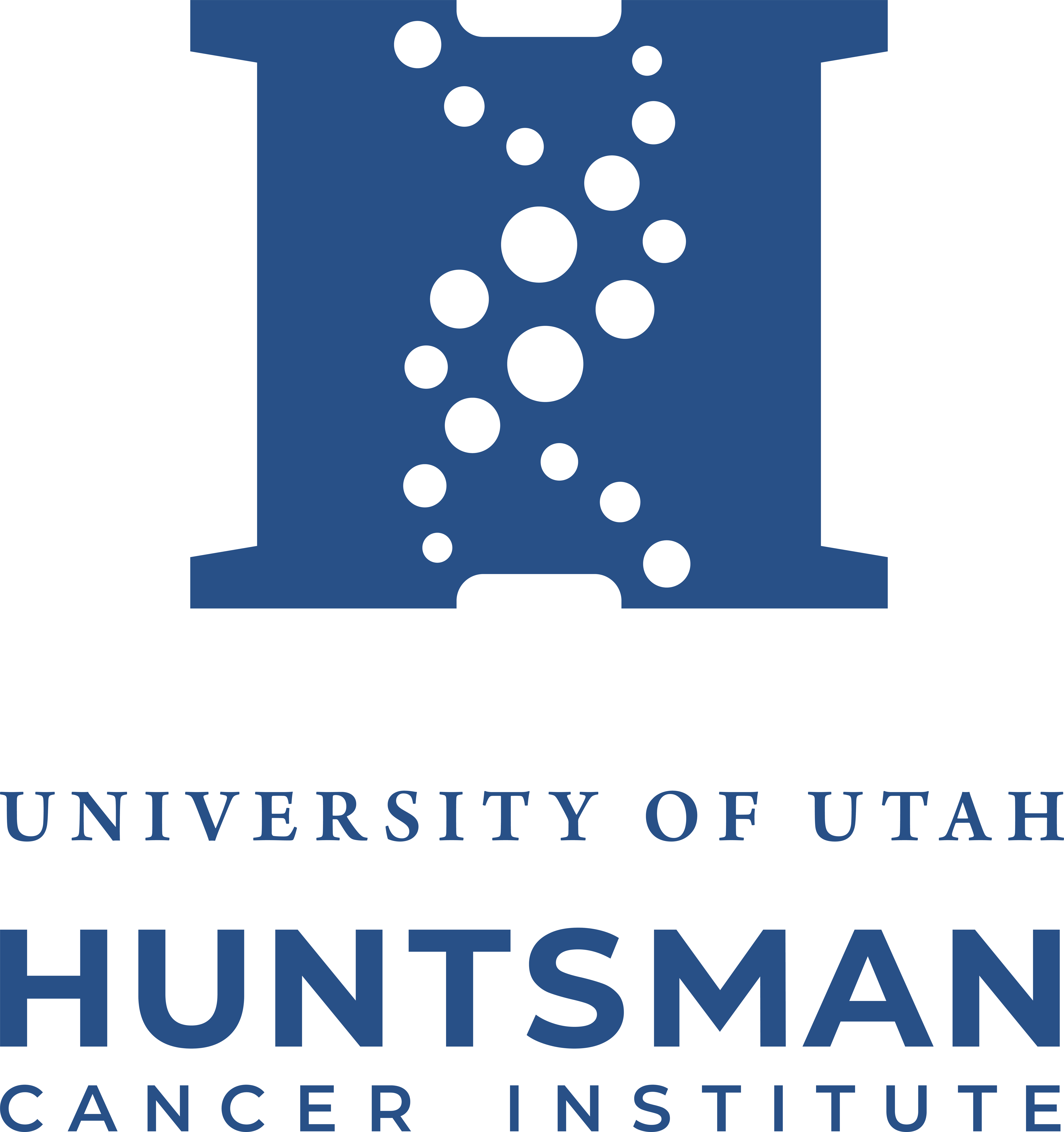
Novel Prostate Cancer Treatment Increases Overall Survival Rates for Late-Stage Prostate Cancer Patients

Key Takeaways
- The TALAPRO-2 trial shows a novel combination therapy significantly improves overall survival in prostate cancer patients compared to standard treatment.
- The therapy combines enzalutamide, a hormone treatment, with talazoparib, a PARP inhibitor, enhancing treatment efficacy.
Results of the TALAPRO-2 trial showed that a novel prostate cancer therapy has a higher overall survival rate compared to the standard of care drug alone.
Results of the ongoing
The new therapy combines two existing cancer drugs, enzalutamide and talazoparib. Enzalutamide, known by its brand name XTANDI, has been used as a treatment for
By developing this combination therapy, Agarwal and the international team of investigators hope to provide more treatment options for late-stage prostate cancer patients.
“Metastatic prostate cancer is the second most common cause of cancer-related death in men. Having a novel combination of well-tolerated medications significantly improving overall survival rates is terrific news for our patients here at Huntsman Cancer Institute and elsewhere,” says Agarwal.
The first phase of the TALAPRO-2 trial began at Huntsman Cancer Institute in 2017, and the novel treatment received U.S. Food and Drug Administration (FDA) approval in 2023. Earlier results of the global study found that the combination therapy decreased the risk of cancer progression by 55%, compared to enzalutamide alone.
The new results regarding overall survival rates are further corroboration of the combination drug’s efficacy.
“This work, led by Dr. Agarwal, speaks to the value of the tremendous research teams we have here at Huntsman Cancer Institute,” says
“Millions of American men are affected by prostate cancer, and this combination therapy will provide more treatment options,” says






































